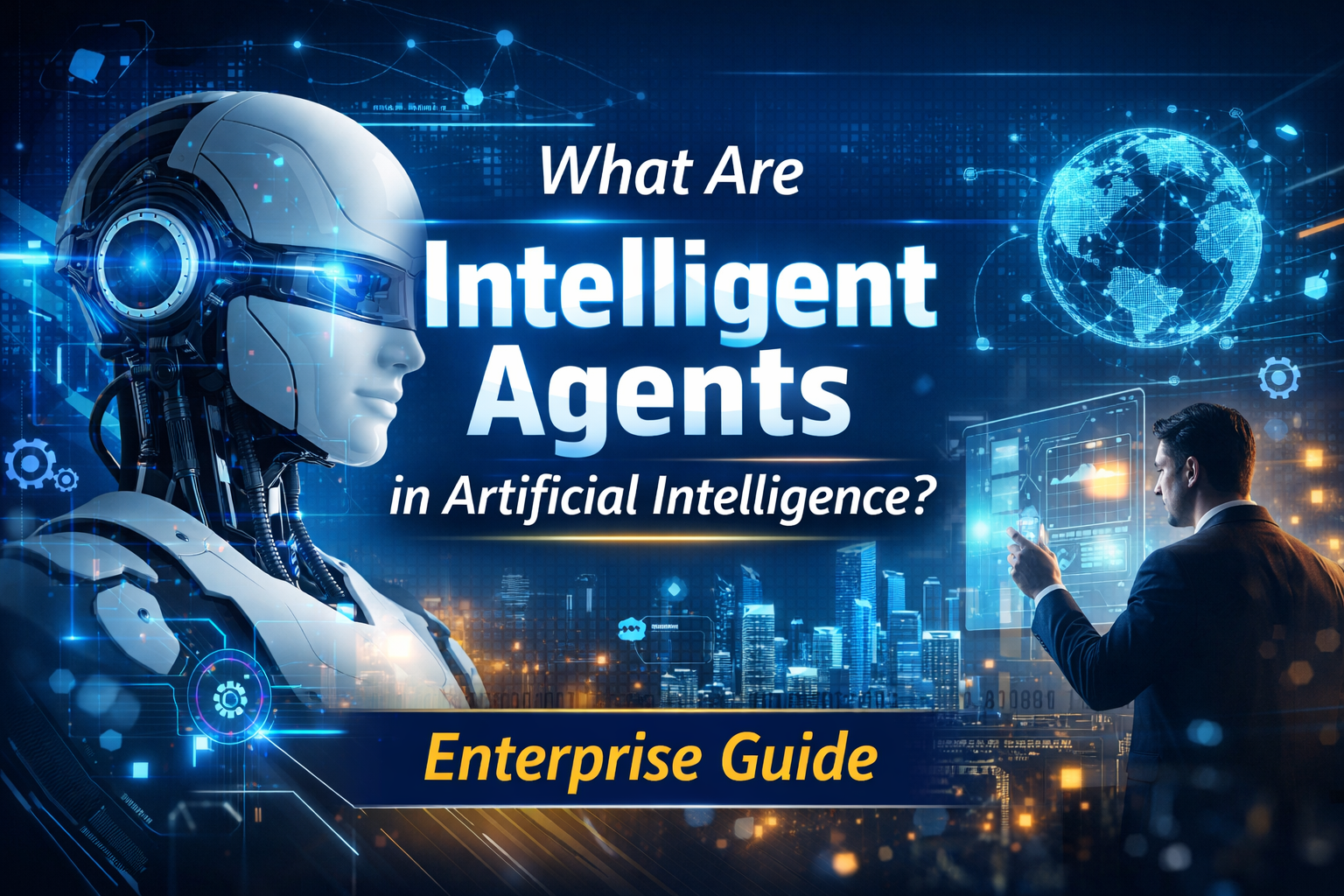Artificial Intelligence in Finance: Smarter Loan Verification and Compliance Automation

What is Artificial Intelligence in Finance?
Artificial intelligence in finance refers to AI systems that analyze data, make decisions, and automate complex workflows in banking, lending, insurance, and capital markets.
Unlike traditional automation, which executes fixed rules, AI learns patterns, interprets context, and improves accuracy with every interaction.
Modern financial institutions now use autonomous AI agents intelligent systems that handle everything from document verification to fraud detection without constant human intervention.
Why Is the Financial Sector at an Inflection Point?
Banks and NBFCs are facing pressure to reduce turnaround time, maintain strict compliance, and deliver personalized service at scale.
Legacy automation solved the “volume” problem but not the “intelligence” problem.
That’s changing fast.
AI in finance is now agentic meaning the AI can understand purpose, evaluate risk, and act independently.
It’s not about bots that follow scripts; it’s about agents that reason, decide, and learn.
How Does Agentic AI Differ from Workflow Automation?
Workflow automation runs predefined steps.
Agentic AI adapts in real time.
When a customer submits a loan application:
- A rule-based bot checks completeness.
- An agentic AI verifies identity, analyzes document authenticity, predicts repayment ability, and escalates only edge cases.
Result: Faster decisions, lower error rates, and auditable logic.
This contextual reasoning is what sets autonomous AI agents apart from standard RPA or BPM systems.
How Does AI Streamline Loan Verification?
Loan processing once depended on manual review and fragmented systems.
AI collapses that cycle into minutes.
Autonomous agents now:
- Extract salary and transaction data using OCR and NLP.
- Validate credit histories across multiple bureaus.
- Detect document tampering through vision models.
- Score repayment probability using predictive analytics.
Each decision node is explainable and logged critical for audits.
Enterprises report up to 60 percent faster approval cycles and 40 percent fewer verification errors after integrating AI-driven loan processing.
How Does AI Strengthen Financial Compliance?
Compliance demands precision and proof.
Agentic AI enables continuous monitoring rather than post-event audits.
Key functions include:
- Automated audit trails for every transaction.
- Real-time anomaly detection using pattern-recognition models.
- Dynamic policy updates when regulations change.
By linking AI models to governance frameworks, financial firms achieve 70 percent faster audit readiness and 50 percent fewer violations.
Regulators also benefit from transparent, explainable logs that demonstrate AI accountability.
Can Voice and Multilingual AI Improve Customer Experience?
Yes. Voice is becoming finance’s most human interface.
AI voice agents now converse naturally in English, Hindi, Tamil, and 40 other languages.
Use-cases include:
- KYC verification over voice.
- Real-time balance or EMI inquiries.
- Proactive reminders and financial education.
Because these multilingual AI systems remember context, they maintain continuity across channels phone, chat, or app creating a unified customer journey.
How Secure and Explainable Are These AI Systems?
Security and explainability drive adoption.
Banks deploy Explainable AI (XAI) so every output credit decision, fraud alert, or recommendation shows the reasoning behind it.
This transparency builds confidence among auditors and regulators.
Data protection frameworks include:
- Encrypted training pipelines.
- Role-based access controls.
- Federated learning to prevent raw data exposure.
The outcome is trustworthy automation that meets both operational and regulatory standards.
What ROI Can Financial Institutions Expect from AI?
Real-world performance metrics show tangible value:
Metric Baseline After AI Adoption Loan Turnaround Time 5–7 days< 48 hours Compliance Accuracy 80 %95 %+Operational Cost 100 %-45 % Customer Satisfaction (CSAT)+0 %+35 %
These improvements demonstrate that artificial intelligence in finance is not just a technology upgrade it’s a direct profitability lever.
What Is the Future of Agentic Finance?
The next decade belongs to self-learning, autonomous financial ecosystems.
AI agents will:
- Adjust credit limits dynamically.
- Detect early signs of borrower distress through sentiment and transaction data.
- Trigger human review only when risk thresholds are breached.
By 2030, every major institution will operate a hybrid workforce humans for strategy, AI agents for precision execution.
Conclusion
Artificial intelligence is redefining finance by merging automation with judgment.
Autonomous AI agents handle repetitive verification, enforce compliance, and deliver multilingual, human-like experiences all while maintaining transparency and trust.
Financial institutions that embrace agentic AI today will set tomorrow’s standards for speed, accuracy, and customer confidence.
It’s no longer about how fast you process a loan it’s about how intelligently your system understands, decides, and acts.







